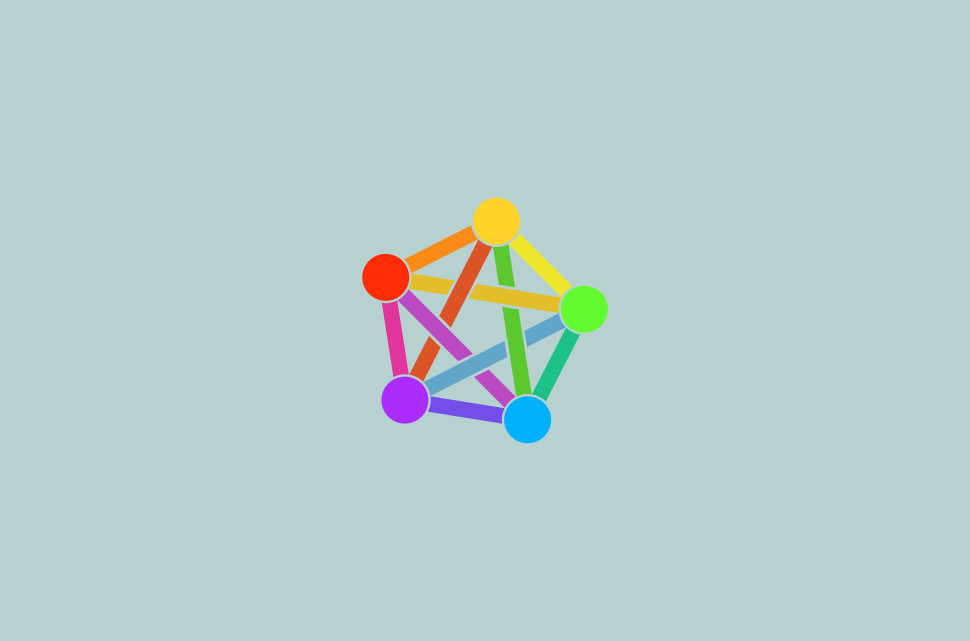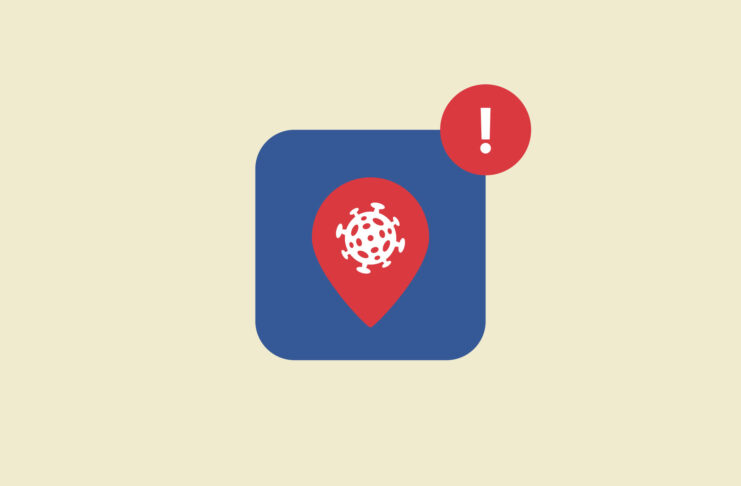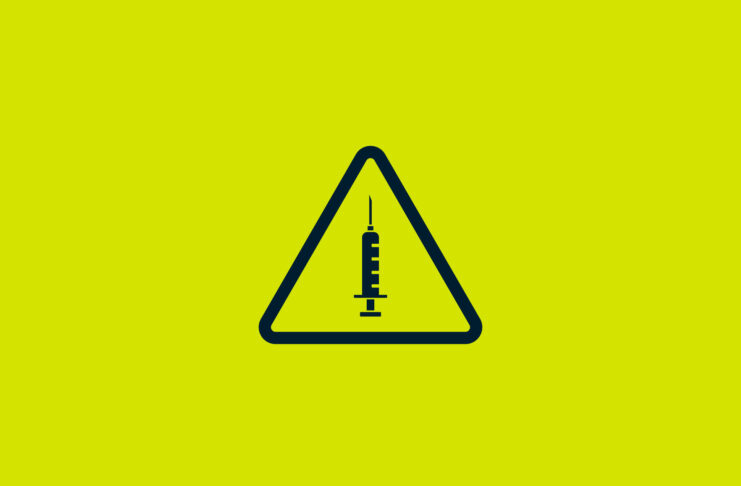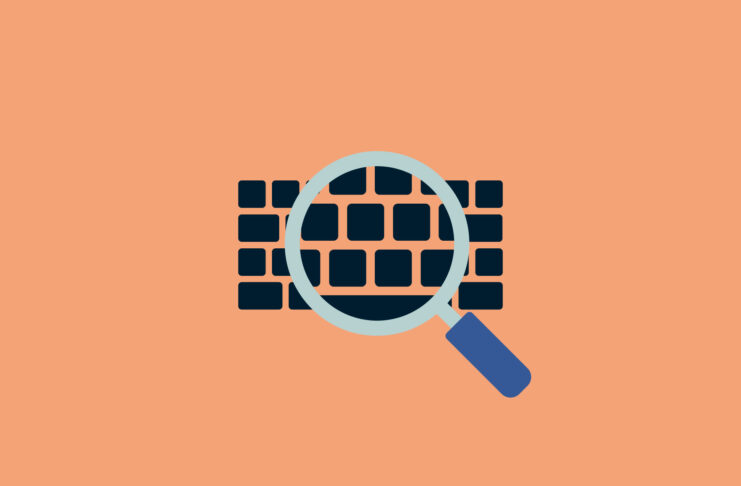In January 2021, Poland proposed a law requiring social-media companies to restore any posts that the platforms had deleted, as long as the posts weren’t unlawful. This came days after several of former U.S. President Donald Trump’s Facebook, Twitter, and Instagram accounts were suspended.
The Polish government also established the Freedom of Speech Council which consists of five members elected by a majority in the Lower House of Parliament, tasked with monitoring and reviewing complaints submitted by social media users whose posts or accounts had been censored.
Individuals who had their posts deleted would be able to lodge a complaint directly with the platform, which would then have to respond within 24 hours. Failure to do so could result in a fine between 12,900 and 12.9 million USD.
Reporters Without Borders has criticized this move, postulating that the Polish government has designed this council to be used for self-serving political purposes, in part based on Poland’s history of propaganda use.
Suspending the social media accounts of an incumbent head of state drew criticism from both ends of the political spectrum worldwide, with Trump’s supporters and detractors alike raising concerns over the outsized influence of Big Tech. At a time when censorship of voices across social media continues to gain momentum, we take a look at alternative, free, and open social platforms.
What are distributed and federated social networks?
Traditional social network platforms like Facebook, Twitter, or Instagram are run on centralized servers. Companies that own these networks build their services around a single server, set their own codes of conduct that can remove your posts at their discretion, and collect copious amounts of data on its users.
Distributed or decentralized social networks, on the other hand, are operated across multiple independently run servers by absolutely anybody. Some examples of this include: Mastodon (a Twitter and Tumblr analog), diaspora* (a Facebook analog), and PeerTube (a YouTube analog).
Taking this one step further, federated social networks are a collection of multiple distributed or decentralized networks that employ technologies such as a network federation. A notable example being the Fediverse, which is a collection of interconnected servers that can be used for social networks, blogs, micro blogs, and websites.
How do they work?
Where traditional social networks are owned and run by single parties, anybody can start their own server for a decentralized social network, complete with their own rules and codes of conduct. These are called “instances.”
Users within an instance can communicate with and follow each other, but also have the ability to communicate with those outside of their communities by utilizing the same communication protocol. The most common of these protocols is ActivityPub. This would be, for example, similar to WhatsApp users having the ability to communicate with WeChat users and vice versa. Mastodon founder Eugen Rochko described it best by comparing the concept of sending emails in that Gmail users can send and receive messages to Outlook users and vice versa.
What does this mean for privacy?
It means a more private social experience! As these social networks are open-source, their codes are able to be openly scrutinized and adapted. Users have the ability to create their own instances—private or otherwise—where they can easily set their own rules, privacy options, and moderation guidelines.
What does this mean for free speech?
Federation and distribution by design aims to provide open and free outlets for social-media users to share ideas and opinions.
In 2019, controversial social platform Gab switched over to a fork of Mastodon’s software. This came after losing its hosting at GoDaddy and being banned from accepting payments through PayPal. It essentially, overnight, became the largest Mastodon instance.
Shortly after, other instances began blocking Gab from being able to interact with them. Mastodon only lists instances on its site’s directory that abide by the Mastodon Server Covenant, which has clear rules around racism, sexism, and homophobia, among others.
Even free speech isn’t a free-for-all.
Read more: Top video-sharing alternatives to YouTube



























Comments
I believe we are all looking for a way we can no longer be monitored and censored.
We need a way to organize and plan to take our Country back, from the cheaters that wish to identify, and erase us as a problem to their agenda.
Still many that are Americans are unaware of what is really going on, as the Left continues to be backed up by Fake News, Large Corporations, and China, that is behind so much of what is going on behind the scenes in the World.
Anyway that we can combat what is happening now, and how to organize and fight it…I would like to know?
Just interested in music
LOL, the problem here is the left. Period. The left will stop at nothing to stifle free speech and therefore freedom. Using superfluous charges and terms such as racism, sexism, homophobia, conspiracy theories and on and on, the left will never stop demonizing free people while attacking and suppressing freedom. Social media is unfortunately being controlled by rabid socialists, communists and fascists with an insatiable appetite for control and power. Remember, Google and Big Tech are part of the Democrat party and helped sway the last election.
I’ve been an insider in this space for 20 years. One of the things that new privacy/crypto networks get wrong every time is they think that privacy is a compelling enough value proposition for drawing the critical mass of users it takes to build a meaningful network. It isn’t.
Let’s arbitrarily say “critical mass” means 100M DAU or on a personal level it means that about 25% of your friends from your social graph are there. The escape velocity is prohibitive. It hasn’t happened. New networks (like Clubhouse) rely on existing social graphs to gain adoption.
For distributed social networks to gain adoption to ensure viability, they need to build bridges to incumbent social networks and offer benefits to the users of incumbent social networks beyond those features they get from the incumbent social network. Some ideas are:
-Meaningful backup/ portability of your data and media
-Ability to support multiple personas for a single user
-Ability to expire or delete content via encrypted shortened URLs
-Advanced discovery and ranking tools for people or groups
-Tools for small businesses that don’t require social ad spend
-Games and gaming
-Peer to peer transactions/monetization
-Premium entertainment
-Dating
-Jobs
If you build it, they won’t automatically come. You need to build bridges to the incumbent social graph and migrate users over node by node. You have to think like a product manager at a large tech company. You need to study and know all they know about behavioral psychology and build something habit-forming, addictive. Your private / distributed network needs to become a daily habit or it’s a non-starter.
Decentralized social media is also a great way to create an immutable record of your thoughts and interests. Free speech is under attack from all fronts and it’s important for people to realize that “Click OK to Continue” is just not an option anymore when you consider opting in to an agreement that overtly states that “these terms and conditions can change at any time without notice.”
I highly recommend checking out POCKETNET.APP
It’s a public blockchain-based social media platform that emits tradable cryptocurrency in exchange for creating content. Future roadmaps include embedded video, groups, private chat and monetized advertising.
https://pocketnet.app
Interesting article. As someone who was banned from posting comments by YouTube (YT) and after “appeal” , was permanently suspended, the process seems arbitrary. My “crime” was to attack with facts those who blatantly lied about the American presidential election of 2020 and peddled conspiracies. One poster who claimed to have worked with those individuals who “invented” the internet, was adamant that the election was stolen by compromised ballot counting machines. I was delighted to see that two companies that provide these machines have both sued key players for defamation. Being banned from YT has been positive in that I have very little involvement with Google nowadays. I just wish that all app vendors would offer alternatives to Google Play and provide APK files directly.